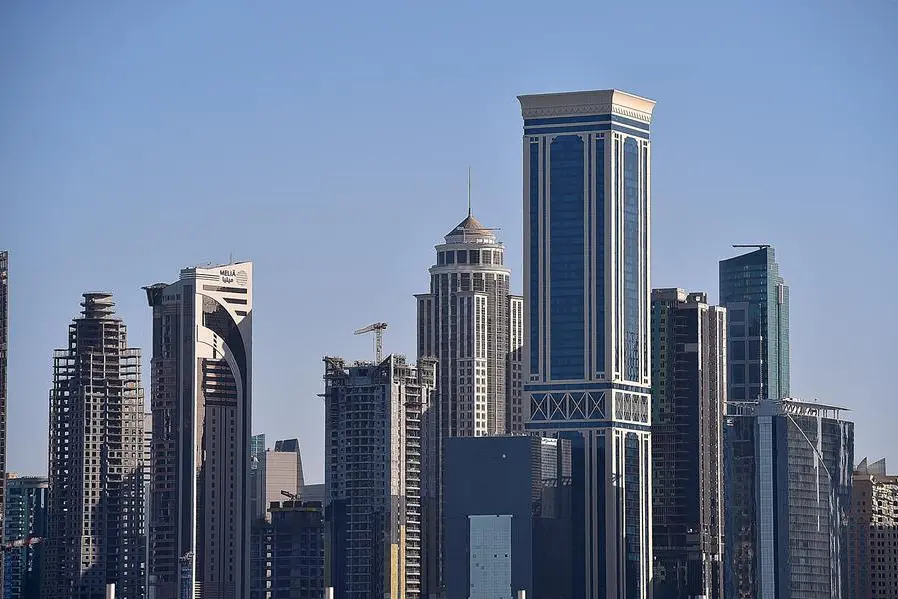PHOTO
Doha, Qatar: Qatar’s GDP growth is expected to be driven by the non‑oil and gas sectors in this year as the advancement in non-oil economy is expected to expand in 2023.
Cushman & Wakefield, in its second quarter (Q2) 2023 Real Estate Market Review citing Oxford Economics, noted that it expects Qatar’s 2023 GDP to expand by 2.6 percent, with 3.3 percent growth in non-oil sectors leading the way.
It noted that the May PMI rose to 55.6, marking the sixth consecutive rise and the highest reading since July 2022. Business activity remains on the uptrend, amid stronger demand and sentiment, leading to further job gains. The outlook is for the economy to grow at a similar pace next year.
Recent surveys cite stronger tourism demand among the drivers of positive performance. Tourist arrivals slid in April relative to March; still, the monthly figures were more than double the number in April 2022, with visitors from Europe hitting an all-time monthly record. Overall, Qatar attracted nearly 1.5 million tourists in just four months, underpinning the non-oil recovery.
The report further stated that the gas sector is a priority. The North Field gas expansion project will have a positive medium-term impact, increasing LNG capacity by nearly 65 percent to 126 million tonnes per annum by 2027, from 77 million tonnes per annum. Qatar has recently awarded a $10bn contract for the latter phase of the project (North Field South), which will include the delivery of two LNG trains.
Annual inflation eased to 2.6 percent in May, the slowest pace in nearly two years. Transport and restaurants and hotels were the only two categories which saw costs rise relative to April, leading to a marginal decline in monthly inflation. The drop in inflation will continue for the rest of the year, consistent with Oxford Economics’ 2023 forecast of 2.3 percent inflation – which they expect to reduce to below 2 percent in 2024.
Qatar Central Bank kept interest rates on hold in June, in line with the Fed, making it the second meeting with no change to monetary policy since March 2022.
Although further hikes look increasingly likely in H2, the Fed is expected to start cutting rates next year, which will allow policy to ease in Qatar. That said, rates are likely to come down gradually, it added.
The Real Estate Regulatory Authority will be supported by the introduction of a new online real estate platform. The platform will be launched in October and will provide information on transactions, prices, rents, occupancy rates etc., which aims to improve transparency and help investors make informed decisions.
The new mortgage regulations have been introduced to lessen the stresses on the banking sector but will also open the doors of real estate investment and homeownership to a wider pool in Qatar, supporting growth in the real estate sector in the coming years.
In June, Qatar hosted its first Real Estate Forum. The two-day forum addressed the challenges and opportunities facing Qatar’s real estate market after the World Cup and highlighted the importance of the Real Estate sector in Qatar in the years ahead.
© Dar Al Sharq Press, Printing & Distribution. All Rights Reserved. Provided by SyndiGate Media Inc. (Syndigate.info).





















